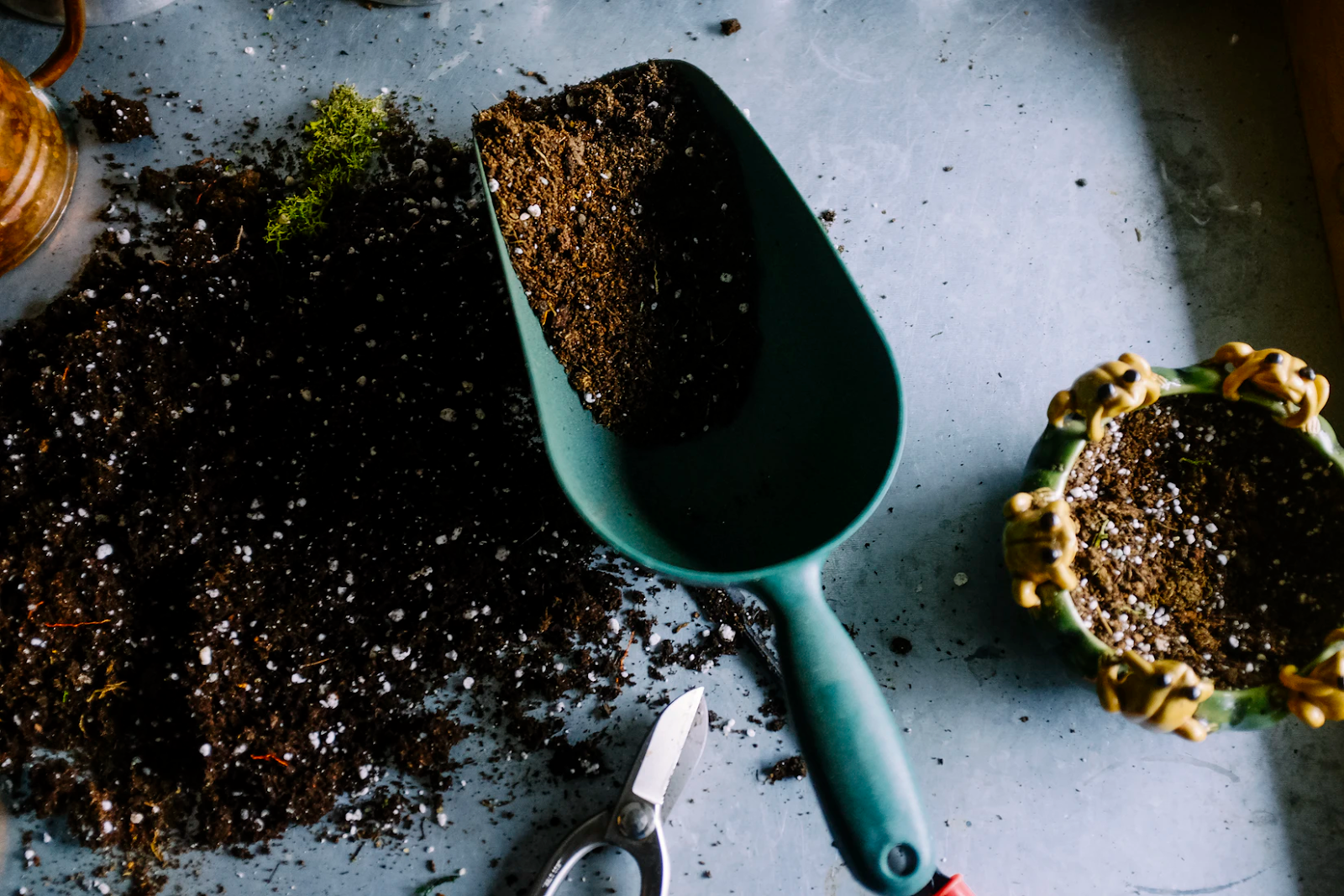Composting 101: Step By Step Guide
Composting can be a great way to safely dispose of food waste and grow your own food. If you’re never done it before, we have the information you need to get started on your composting journey. Here’s the Organic Restaurants beginner’s guide to composting.
Why Compost?
First you might be wondering, “Why compost at all?” There are many good reasons to start a compost pile in your yard: It leads to less household trash sitting around and gives you a great use for kitchen waste. It leads to less trash being left in landfills, so it’s good for the environment. Composting can also be a fun activity for the entire family to enjoy. Then after you’ve composted for a while, you find rich soil that’s perfect for growing more food.
What You Need
Before you start composting you’re going to need to put in some prep work and gather a few supplies. First, you need to find a spot in your yard that’s ideal for composting. You don’t actually need that much room! A space that measures roughly nine square feet is enough. If your yard is really small, you can use a composting “bin” that can store items you’re composting.
Then you just need a pail for kitchen scraps. That’s it. Find a good spot for that pail and start to throw items that can go in your compost pile in there instead of in your garbage can. You’ll be ready to start composting soon.
What Can Be Composted
We mentioned kitchen waste before since plenty of it can have a second life in your compost pile instead of just sitting in your trash can. If you use a lot of produce in your cooking or eat a lot of fruit in your household, the leftover refuse from those fruits and veggies can become a crucial part of your compost pile. Onion skins, celery roots, banana peels, potato skins, and apple cores can all make for great composting.
If you like to start your day with some caffeine, we have some more good news. Tea bags and coffee grounds can both become a part of your compost pile. Finally, you can also add items from your yard to your compost pile. Grass clippings from your lawnmower or dead leaves that you rake up can make great additions to the pile.
What Not to Compost
Unfortunately, much of the garbage from your kitchen can’t be used in composting. This even applies to some natural items that may seem like they would be a good fit at first. Avoid using meat, bones, or any leftovers that don’t come from plants. Branches, stalks, and any tougher plant parts aren’t useful either. Finally, avoid anything treated with pesticides and fertilizer.
How to Do It
You have your spot and you have your compostable items. Now you just add them to the pile and use a pitchfork or shovel to mix that pile up every month or so. This speeds up the decomposition process and keeps pests away. Then you just harvest the pile when the soil looks rich, and you get the chance to plant some produce of your own.
For More Sustainable Lifestyle Ideas
Visit the Organic Restaurants website to learn more about sustainable lifestyles, organic foods, and green activities like composting!
